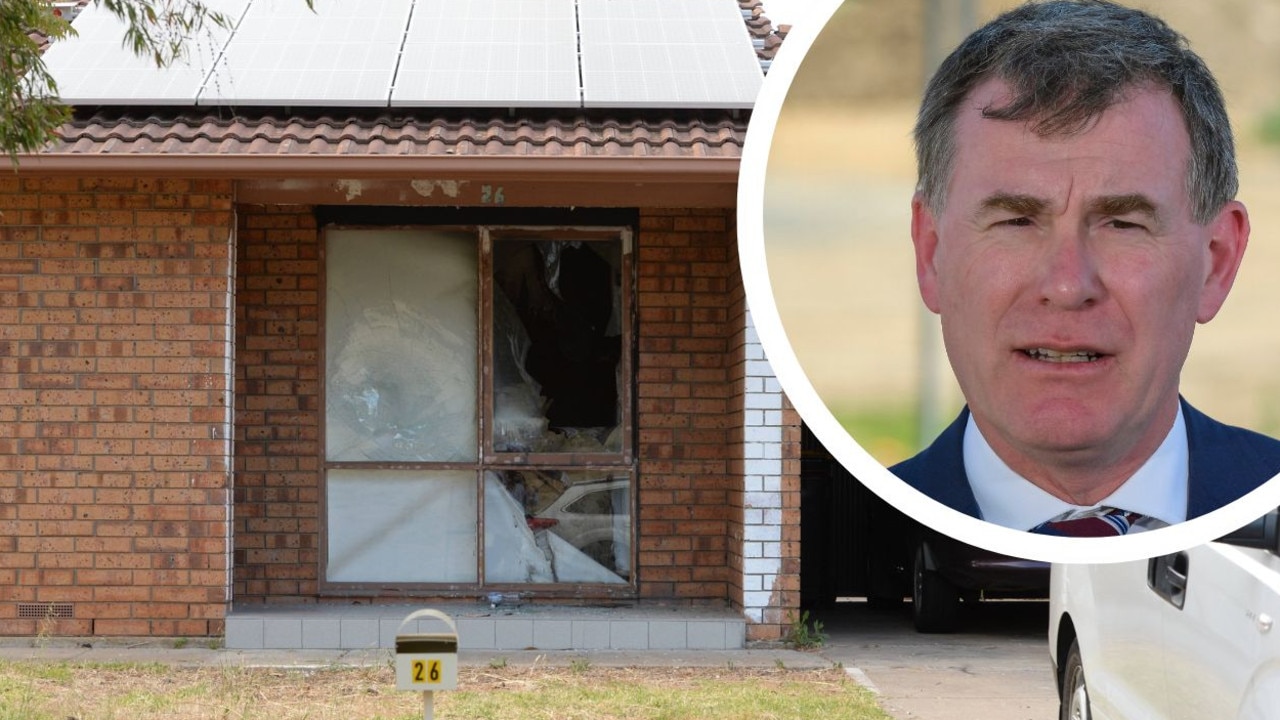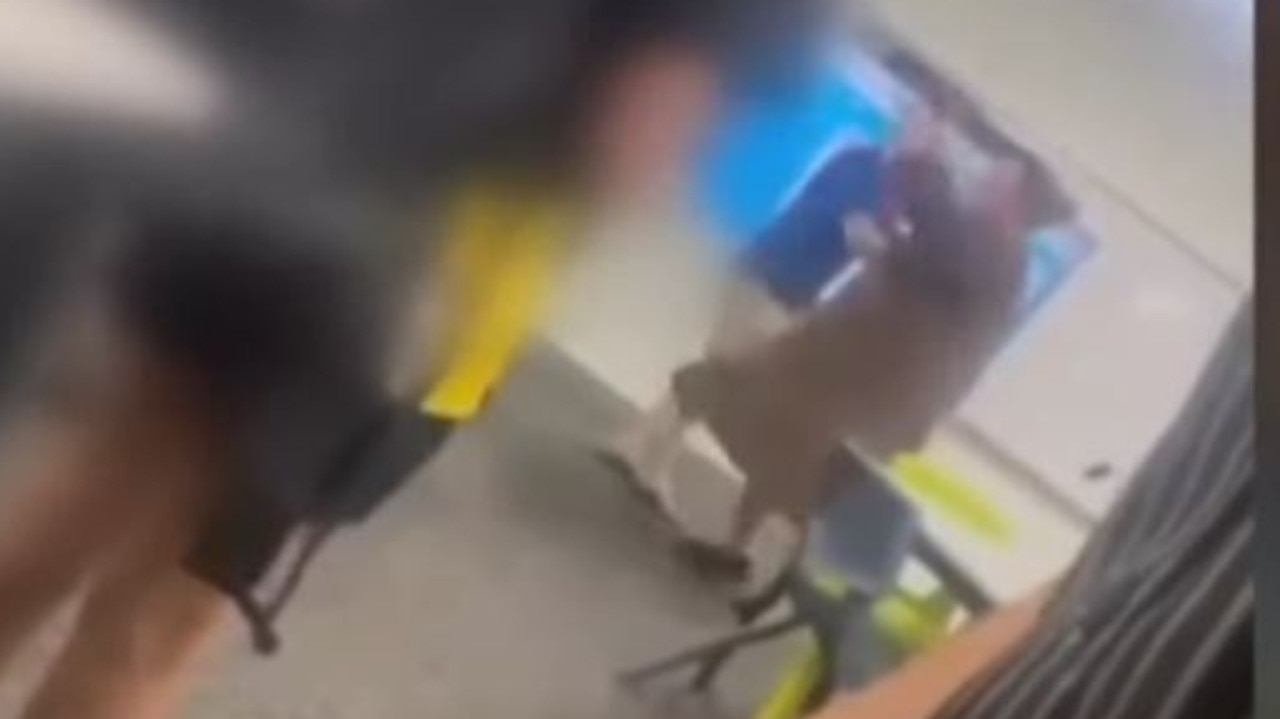King’s Counsel fury erupts as Chief Justice publishes letters from group eminent SA KC ‘silk’ barristers
Furious tensions engulfing SA’s legal eagles and the state’s top judge have exploded after the controversial scrapping of a centuries old royal “silk” title. Read the letters.
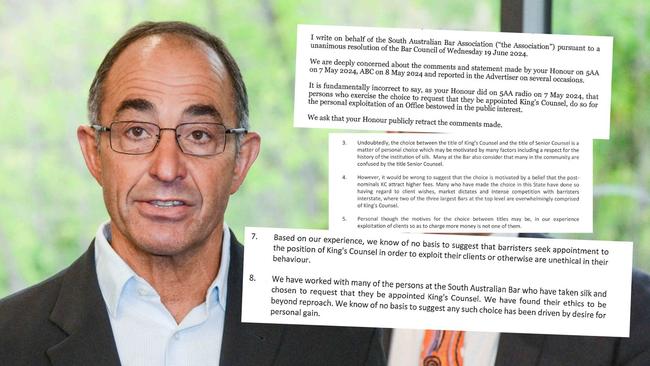
Police & Courts
Don't miss out on the headlines from Police & Courts. Followed categories will be added to My News.
Furious tensions engulfing South Australia’s legal eagles and the state’s top judge have exploded into the open after the controversial scrapping of a centuries old royal “silk” title.
Attorney-General Kyam Maher, with the Supreme Court Chief Justice’s support, won his bitter fight to cancel King’s Counsel titles for eminent court-based barristers despite a fierce profession backlash.
Senior lawyers, parts of the judiciary, the Bar Association and Law Society had vehemently opposed legislation to just appoint Senior Counsels amid a “raging bushfire” of legal outrage.
But a series of extraordinary letters, exchanged between 11 of the state’s most senior KC “silks” and Chief Justice Chris Kourakis, has now laid bare the unprecedented dispute.
Deeply fractured relations, simmering in private for more than two months, centres on the Chief Justice’s claims of professional “exploitation”.
Legal sources revealed other barristers, who declined to be named, are considering issuing a defamation “concerns notice” – a prelude to formal court action – over the row.
SCROLL DOWN OR CLICK HERE TO READ THE LETTERS
In a move that caught authors by surprise late on Tuesday, the Chief Justice published almost two dozen documents on the Court Administration Authority website “so that the public has a better understanding” of arguments.
The Chief Justice, who has repeatedly declined to withdraw a “genuinely held opinion”, criticised letters that “treats this matter as a defamation proceeding”.
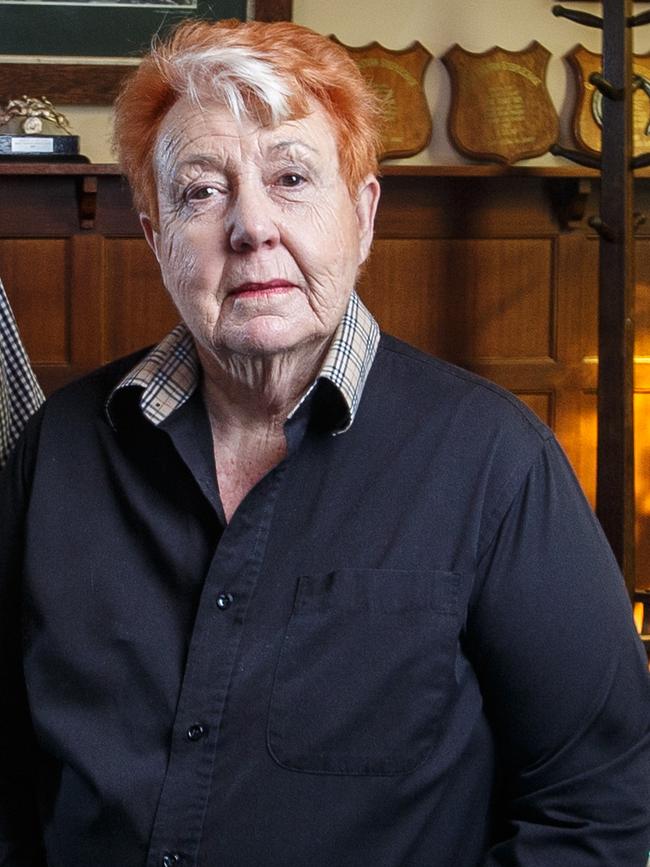

Authors included the two most senior barristers, Parole Board Chief Frances Nelson KC and Michael Abbott KC, as well as Bar Association president, former District Court Judge Marie Shaw KC.
Other high-profile signatories were David Edwardson KC, Andrew Harris KC, Brian Hayes KC, Mark Hoffmann KC, Lindy Powell KC, Maurine Pyke KC, Stephen Walsh KC and Dick Whitington KC.
The revolt erupted on May 13 when the barristers – considered the state’s most eminent legal identities – requested the Chief Justice withdraw what they claimed were “offensive” remarks on the profession.
After The Advertiser revealed plans to replace KC titles with just Senior Counsel, the Chief Justice told FIVEaa Breakfast radio senior lawyers should not be “exploiting that public office for their personal interest”.
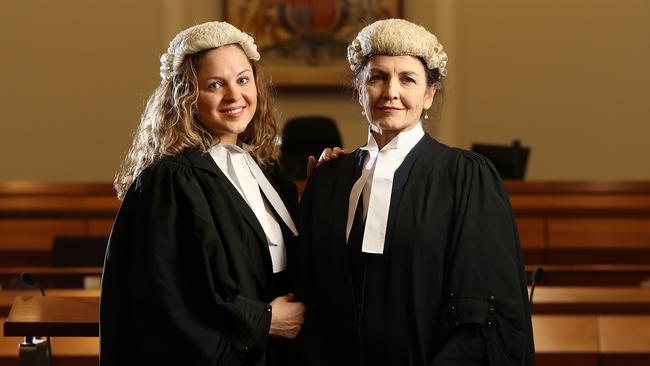
The Chief Justice, who is away, disputes he meant exploiting clients after telling The Advertiser: “We don’t appoint people Senior Counsel so they can charge more … We don’t appoint them so that they can earn more.
“We appoint them so that the public has an objective idea of who is skilled or not.”
In a letter copied to Premier Peter Malinauskas and 15 Supreme Court justices, the barristers wrote it was “wrong to suggest” charging clients was a personal motivation.
The authors, silks for at least two decades, argued it was about “integrity, ability and capacity for leadership” while none could chose being a Queens or Senior Counsel before the former Liberal government offered a choice in 2020.
In a three-page reply two days later, the Chief Justice gave lengthy rebuttal with historic correspondence, as he lamented “tension” between judges and barristers.
“It’s necessary to state from the outset that I agree that much needs to be done, and should be done, to restore trust and confidence between the Bench and the Bar,” he wrote.
“Let me state emphatically that, in this debate, I have only used the verb ‘exploit’ in the sense of turning something to practical account, or using something … for profit.
“I have not used it in the sense of doing something selfishly or unfairly to another’s disadvantage.”
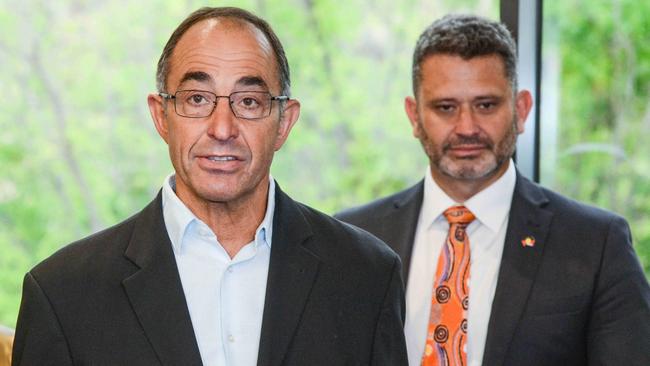
The barristers acknowledged a fortnight later his “strong views”, and while understood he didn’t intend it as “derogatory”, his “subtlety” was misunderstood by some.
“It is notorious that equivocal or ambiguous public statements can be misconstrued and then the grapevine effect goes to work,” they wrote.
The next week the Chief Justice replied: “It would appear to me to be a barren exercise to exchange correspondence which treats the matter as a defamation proceeding”.
He repeated his request for a meeting to agree “protocols” for future debates. It is understood that has been declined because of “hostilities”.
The Chief Justice this week declined a request from a “deeply concerned” Bar Association to publicly retract his comments.
“I genuinely held that opinion and arrived at it after much reflection and discussion with colleagues,” he wrote on Monday.
“Plainly, the Bar … takes the view that my opinion is not only wrong but ‘fundamentally so’ such that I have no right to express it and have no right to maintain it.
“In the face of strident moral certainty of your opinion, I have reflected again on the question. After conscientiously doing so, I am not persuaded to change my opinion.
“Unfortunately I did not anticipate the widespread misunderstanding of my use of the word ‘exploit’.”
Repeating his calls for a meeting and encouraging disclosure of his letter, he said it wasn’t “obvious” why he should retract or how the Bar believed it productive to “publicly condemn me for expressing it [his opinion] if I do not accede to its demand”.
In a statement posted online his spokeswoman said the Chief Justice, who has met Greek President Katerina Sakellaropoulou while on holidays in Europe, was unavailable for further comment.
Mr Maher, who fast-tracked legislation into state parliament amid claims Labor was “forcing” through changes, had also argued it would “modernise language” and was not a republicanism move.




